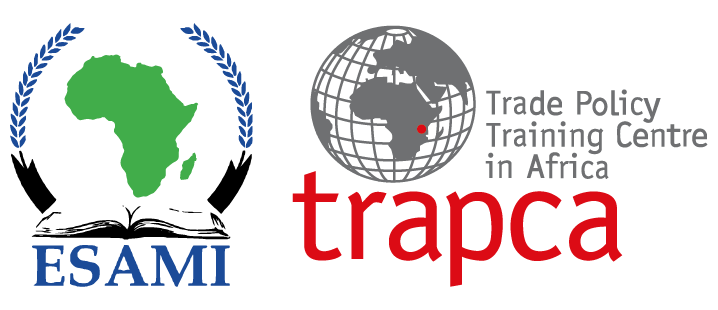Overview
The services sector bears increasing relevance for economic diversification and development in Africa. However, this may only be possible if African Countries put in place policies that would enable them benefit from trade in services.
Consequently, this course aims at equipping participants with knowledge on key trade in services disciplines and their relevance in the process of preparing national regulations on services. This will be achieved through consideration of the following areas: structure of the General Agreement on Trade in Services and the key principles; key approaches in liberalization of trade in services; underlying concepts for Trade in Services negotiations; tips in scheduling commitments; utility of preferential services liberalization for African Countries; relevance of rules relating domestic regulation of trade in services under the GATS and their impact on ongoing domestic reform efforts in African Countries; and the need to situate service sector policy in national development plans.
Expected training outcomes
An enhanced understanding of the linkages between international trade in services and development.
Fees and other costs
The fee for the programme will be payable in US dollars and will cover tuition, presentation material and other documentation. It also includes lunch and refreshments during each working day. Discounts are available for every 2 or more delegates registered from the same institution.
Course Fee: $1800
Venue: Mombasa, Kenya. However, subject agreement with clients, the course may be offered in any of the following venues: Kampala, Uganda, Mombasa, Kenya; Nairobi Kenya; Livingstone Zambia; Arusha, Tanzania and Zanzibar.
Dates: 21-25 August 2023
How to apply
Prospective participants should apply through the following email address admissions@trapca.org indicating in the email title, the course being applied for.
